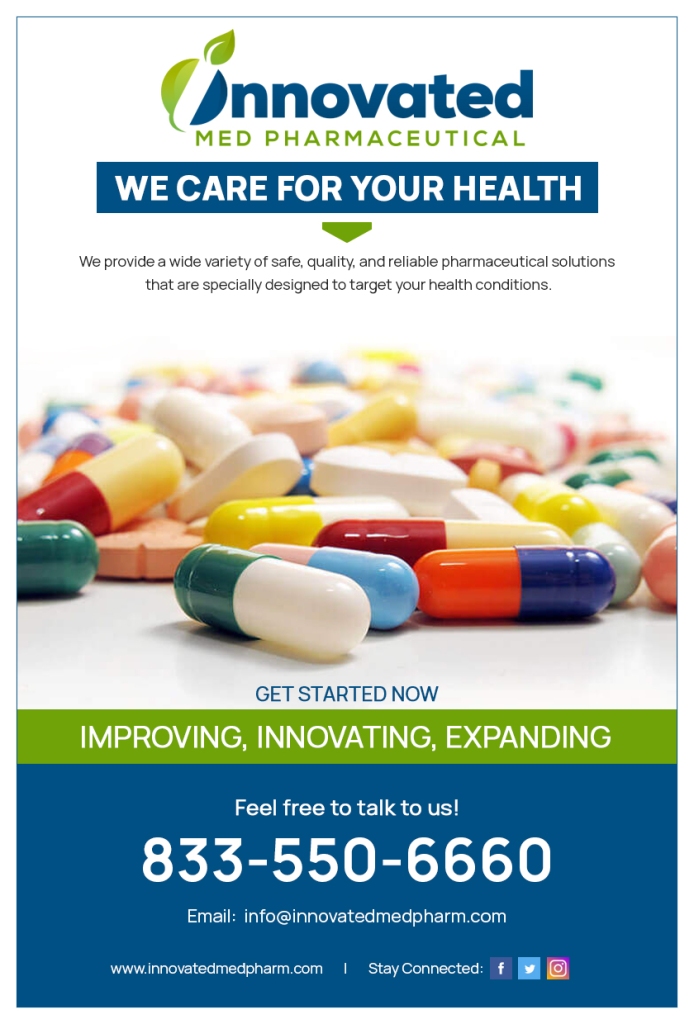There has been a huge development in the data science and amidst such innovations, machine learning (ML) and artificial intelligence (AI) is here to revolutionize the pharmaceutical industry. With the pandemic in situation, surgical bots, chatbots are seen in some developed countries. Global artificial intelligence software market is expected to rise to about one $126 billion by 2025. This is a data driven age and innovative pharmaceutical solutions is extremely important to bring about improved changes in medical science.
Artificial intelligence has an ocean of untapped potential for the pharmaceutical industry. AI powered with big data and analytics is here to bring radical shift in the pharma sector. While it has the potential to foster innovation, when done right, it can also deliver better outcomes across all the value chains. Thus, it can also improve the productivity as a whole.

Applications of artificial intelligence (AI) in pharmaceutical industry
AI offers a host of opportunities in the pharmaceutical industry right from the drug discovery to its marketing. By implementing and leveraging the system in the core workflow, the pharma companies can make their businesses more efficient as well as cost effective. Let’s have a look at the most mention-worthy applications of AI in the pharma sector –
- Research and development (R & D)
The pharmaceutical giants all across the globe are now working tirelessly to make the vaccine that can help fight the pandemic. But apart from this virus, the machine learning algorithms and the various AI powered tools can help to discover more drugs that are required in general in the medical field. It can be used to solve complicated biological challenges by studying the patterns of various diseases and finding the specific trait for any particular disease.
- Drug development
If there is an improved R & D process, it can help in better designing and identification of new molecules that can create validated drugs. In a study by MIT, it showed about 13.8% of drugs are only successful in passing the clinical trials. For a more complete process of clinical trial and getting the FDA approval, there has to be improved success rates which is possible when you have AI powered tools research and studies. At the end, this can help to create more affordable drugs and therapies with reduced operational costs.

- Diagnosis
Machine learning can be really helpful in collecting, processing and analyzing the patient’s healthcare data. It can store the sensitive patient information securely in the cloud. The centralized storage system which is often referred to as electronic medical records (EMR) can help understand the impact of a specific genetic trait on a patient and how a certain trait can treat the condition. This EMR can make real time predictions for diagnostic purposes and thus get more improved and streamlined treatment options. It can also analyze a huge amount of data in a very small amount of time.
- Disease prevention
The pharma companies can use artificial intelligence for the development of some of the lesser preventive conditions such as Parkinson’s or Alzheimer’s and other rare diseases. The pharmaceutical companies do not always have time for the treatment of rare diseases as the ROI is very low as compared to the time and cost required for the development of the drug. The innovative abilities of AI and ML can help to make the scenario better.
- Remote monitoring
This can be a breakthrough in the healthcare sector. If there are successful wearables available that is powered by AI algorithms, it can help to remotely monitor the patient suffering from some life threatening diseases. For instance there has been a technology that can remotely monitor patients with Parkinson’s diseases and thus reduce the time taken to perform a motor function assessment in much reduced time.

- Manufacturing
Pharmaceutical companies with innovative pharmaceutical solutions if can implement AI in the manufacturing process, it can significantly manage and improve various aspects such as predictive maintenance, quality control, design optimization, waste reduction and process automation. Overall, it can improve the efficiency of the sector and give higher productivity at affordable price.
The scope of AI in the pharmaceutical industry is extremely high. With this advanced technologies, there will be some real-time breakthrough that can gift human lives a better way of living.
Visit https://www.innovatedmedpharm.com/ to find out more.